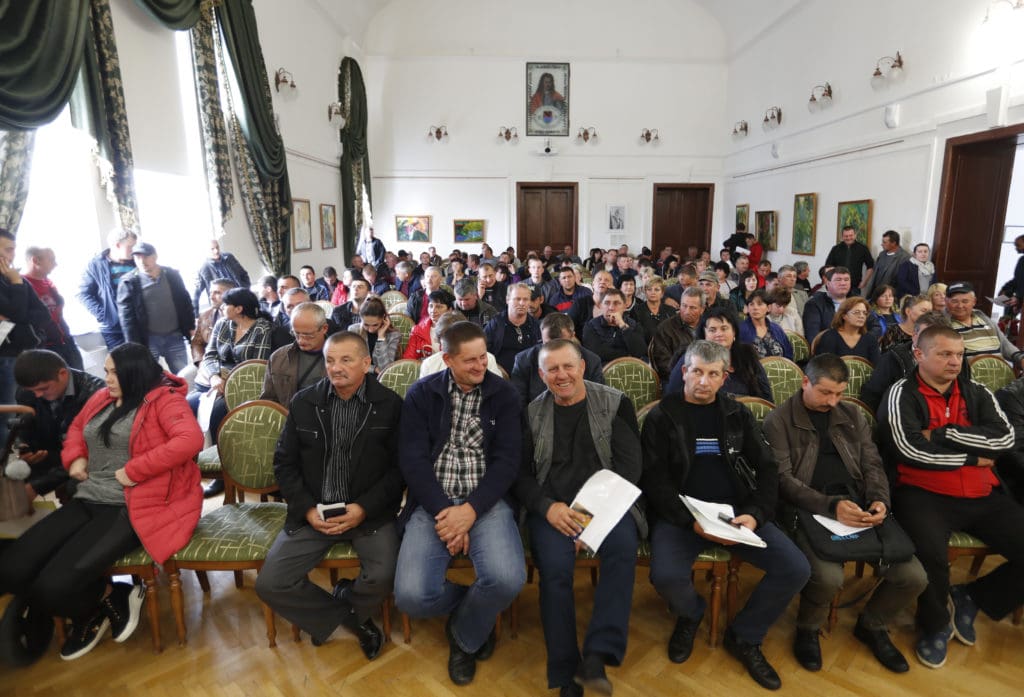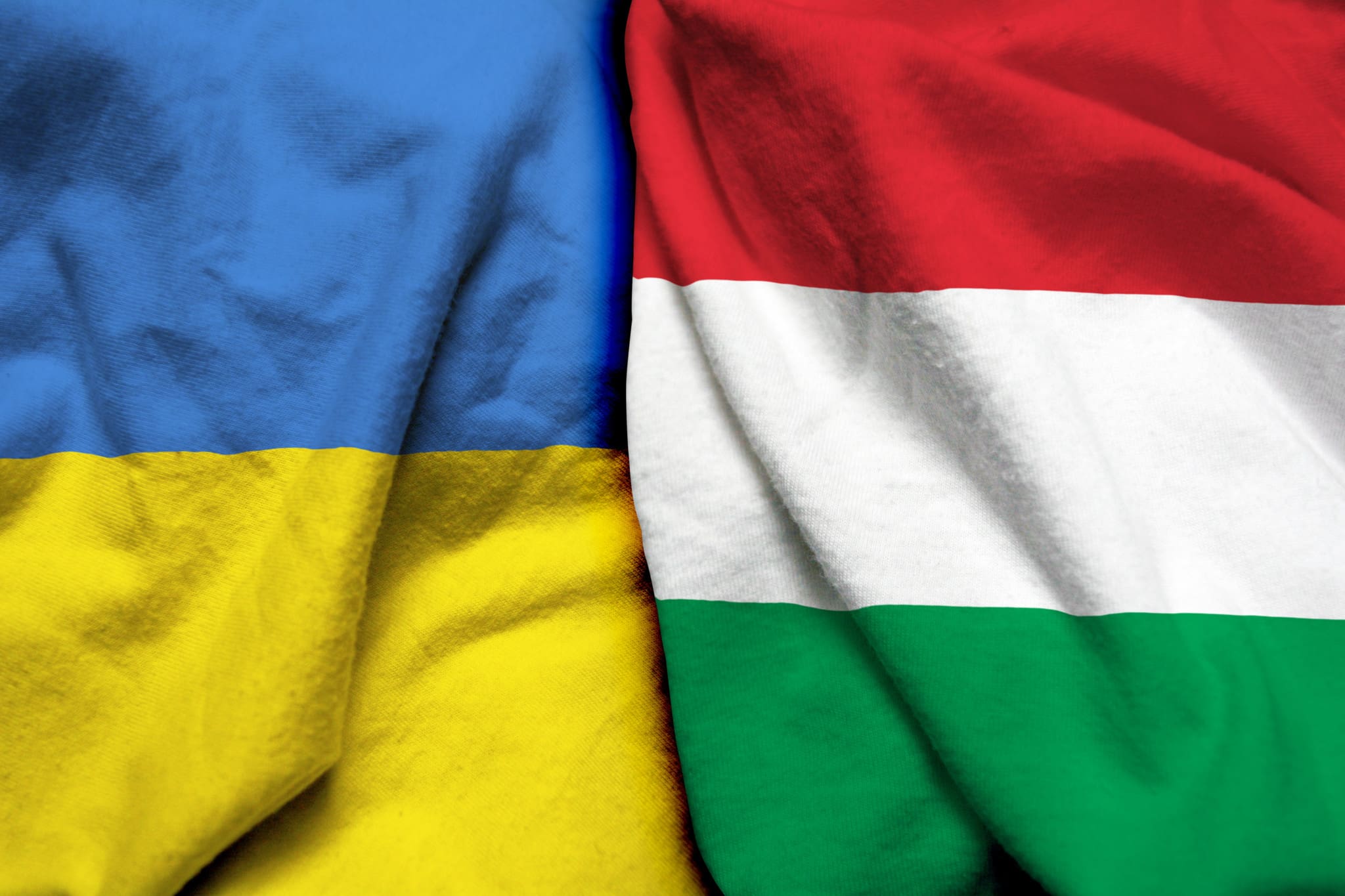“I won’t perish for their motherland,” says a man belonging to the Hungarian minority in Ukraine as he offers a lift to a foreign journalist in his car towards the Trans-Carpathian town of Beregovo. Yet, he also concedes that if they call him in to the Ukrainian army currently fighting the Russian invasion, he will not run away and will face the common enemy.
His conflicted attitude should give pause to all journalists reporting about the plight of Ukraine, who are painting an over-simplified, black-and-white picture about the situation, as that view could not be farther from the truth. Many of these journalists seem to be somehow convinced that it is their moral duty to give support to a nation under siege, but they are doing so by abandoning the basic tenets of professionalism, and they are making no effort to understanding the “fifty-shades” of Russo-Ukrainian relationship that have led to the current crisis.
[pp id=8358]
So why do members of the Hungarian minority, numbering 150.000, feel so alienated from the ongoing struggle? As Remix News has reported in a series of articles about Ukrainian internal politics, since the Western-sponsored Orange Revolution in 2014, ethnic minorities in Ukraine have suffered an ever-growing curtailment of their rights to use their native languages, to keep their schools, and to be able to maintain their cultural identity.
The repression was primarily directed against the Russian minority in the East that was regarded by Ukrainian nationalists, especially after the Kremlin-orchestrated separatism in Donbas, as disloyal to the state and a national security threat to the integrity of the country.

Just how wrong Ukraine’s Western allied leaders were in not being able to distinguish between Russian sympathies and separatism, has been amply revealed in the past days, when the troops and civilians defending the eastern towns such as Kharkiv or Kherson in the south, have shown enormous courage in resisting the invasion. In fact, Vladimir Putin had banked on a swift success based on the same delusion as the leadership in Kyiv, with both regimes believing that given a chance, people living in regions bordering Russia would welcome Russian troops with open arms. They were all wrong.
Yet, starting from this assumption, fueled by Ukrainian ultra-nationalists allied with the country’s pro-Western leaders, the Kyiv leadership, starting with the government of Petro Poroshenko, introduced ever more repressive legislation restricting minority rights, harassing leaders of ethnic minorities and attacking their cultural centers. The most oppressive pieces of legislation have been introduced under the current leadership, by the government of Volodymyr Zelensky, that in practice bans the use of minority languages, including Polish or Hungarian, in education after a certain age, in public life, in the media, and in culture.
[pp id=12302]
The Zelensky government has also allowed physical attacks against Hungarian minority cultural centers, police raids, and regular death threats against representatives of the Hungarian minority. People with dual nationality could not hold public office in Ukraine either. Yet the European Union, usually very concerned about human rights violations of selected victim groups, stayed completely silent and protected the Ukrainian leadership from criticism that more often than not came from the Hungarian government. It is no stretch of the imagination that the EU’s silence was an implicit attempt to embarrass the Orbán government over its mostly unsuccessful efforts to support minority rights for Hungarians across the border in Ukraine.
Although they are not able to hold public office, it seems dual citizenship is no obstacle when it comes to sending members of Ukraine’s minorities to the front in order to fight for the Ukrainian state and to give their lives for a country that treated them as second-rate citizens. Hence, the outrage of the Hungarian driver quoted at the beginning of the article.
As the owner of a Ukrainian grocery store had remarked, the “responsibility for the war is shared by all, the Ukrainians, the Russians and the West, they are all responsible for the fact that the situation has deteriorated to this point”.
Now that the liberal media and Western leaders have turned the Ukrainian President Zelensky into a modern day saint, and some politicians have even suggested that he should be awarded a Nobel Prize for Peace, the Hungarian minority can effectively give up all hope that their long-held rights will be restored and grievances remedied. A number of them have already given their lives for Ukraine knowing that whoever wins, in the eyes of Ukrainian nationalists, they will always remain scapegoats for the war with Russia.





